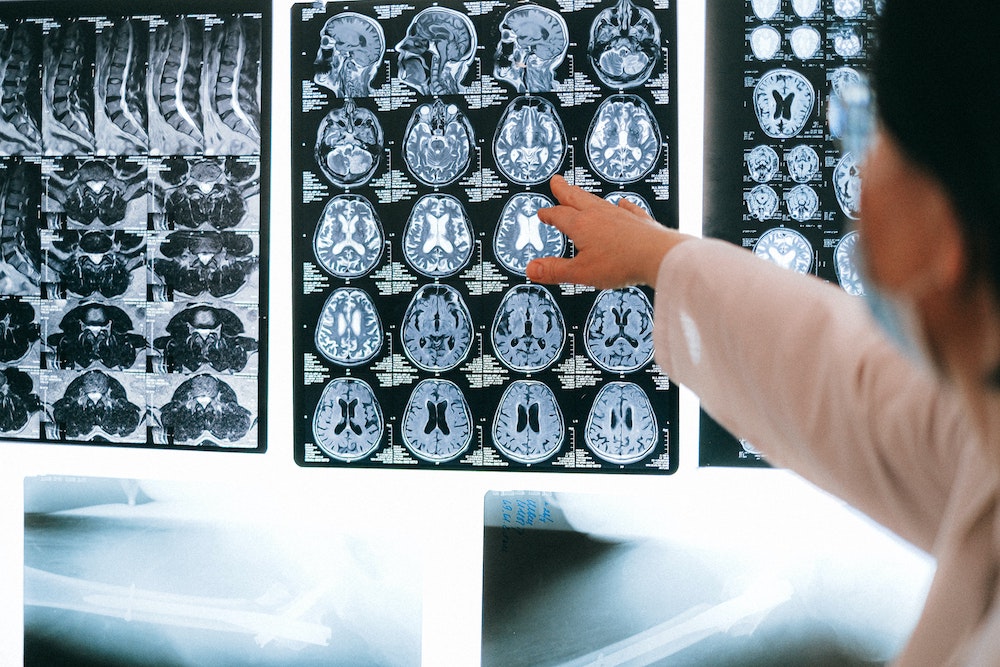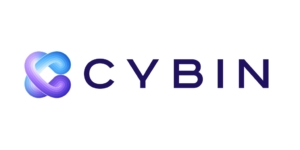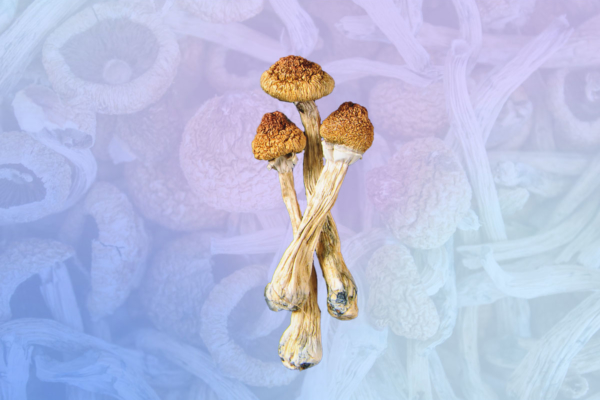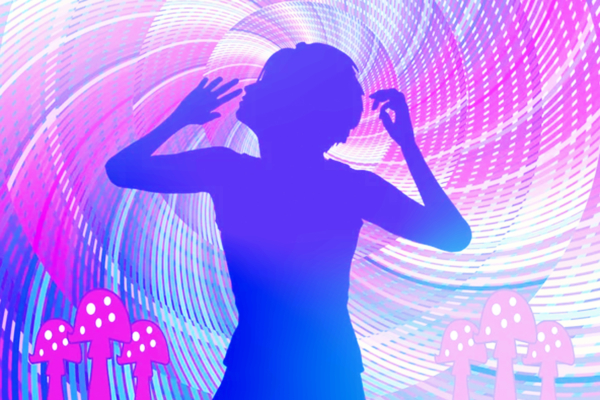
New research has applied machine learning to predict the outcomes of psychedelic experiences to treat addiction.
The study, published in The American Journal of Drug and Alcohol Abuse, found that the machine learning algorithm could significantly predict whether a participant was able to quit or reduce their substance use, purely based on the written report of the psychedelic experience.
Psychedelics for Substance Abuse
This research, led by David Cox and colleagues from Johns Hopkins University, comes off the back of evidence that psychedelic substances may be used to treat addiction. Academic efforts in the ‘60s established that LSD may have anti-addictive properties in the context of alcoholism. And, more recently, a study revealed that psilocybin, the psychoactive component in magic mushrooms, could help smokers quit. However, while there is increasing evidence that psychedelics may be useful in the fight against addiction, researchers are still unsure as to why it is effective.
One theory is that the subjective experience of the psychedelic trip itself is partly responsible for its anti-addictive properties. Studies have shown that if someone has a mystical-type experience, characterised by feelings of transcendence and inner-peace, during a psychedelic session, they are more likely to quit. Cox and colleagues note, however, that “…objectively measuring subjective experiences during a psychedelic session remains difficult.”
To rectify this, the current study applied machine learning methods to over 1,100 volunteers’ written reports of their psychedelic experiences. Each participant in the study had expressed that they either completely quit or reduced a substance following a personal psychedelic experience. Substances that were quit/reduced included alcohol, cannabis, opioids, and stimulants.
Natural language processing was used to analyse the written reports, which were then fed into a variety of machine learning algorithms. These machine learning algorithms attempted to differentiate whether a participant quit their addiction, or simply reduced it, purely based on the processed written reports.
Cox and his colleagues found that all the algorithms were able to successfully predict whether a participant quit or reduced their substance higher than chance. The researchers further highlight, “…this study indicates that NLP [natural language processing] of written psychedelic session narratives and the subsequent use of supervised ML [machine learning] algorithms are analytic tools that can help researchers and clinicians identify the level of support each person may need during psychedelic treatment for substance use disorder.”
This research potentially paves the way for future psychedelic research to intersect at the crossroads of artificial intelligence. By utilising these machine learning algorithms, psychedelic researchers may have a more objective way of ‘measuring’ the psychedelic experience.





